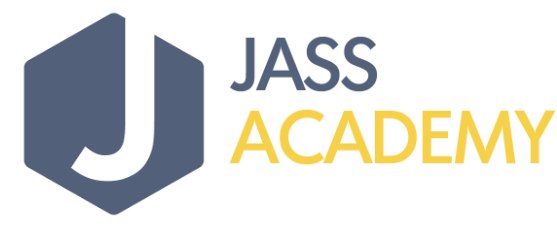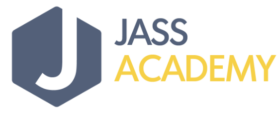The world of work has changed drastically since the Covid-19 pandemic. A lot of companies have opened their doors to recruit talents all over the world. One of the ways to position yourself for the growing opportunities is via freelancing.
With the flexibility to work, earn and live on your own terms, you get to choose your own hours and work at your most productive time of the day. You enjoy the freedom to work from anywhere you like whenever you want.
You too can kickstart your freelance career today. Below are 7 important questions you need to answer to guide your freelance career.
1. Why do you want to become a freelancer?
There is NO right or wrong answer.
Having a compelling reason to “freelance” will motivate you, help you stay on track, and keep you going even when it’s not comfortable. You may choose to freelance in order to maintain a work-life balance, reduce “commute to work” time, launch your own business, earn extra income, or for health reasons.
Every individual is unique and has different reasons. You want to identify your “why” for freelancing as this will be one of the things that will keep you going. Be sure to write your answer in a note you can access whenever you need it.
2. What “hard” skills do you already have to offer?
As a Freelancer, you will be exchanging value for money. In order to earn, you want to determine what value you’d be providing in exchange for money. This could be in terms of services or certain skills. There are chances that you have more than one skill, perhaps you can offer several ranges of services.
Either you are an expert at one thing or you have multiple skills, you need to find out whether people are willing to pay for your skills. You may need to take new courses to refine or upgrade the skill
Choose something you are good at and people will be willing to pay for it.
You can look up freelance marketplaces and job boards like Upwork or Fiverr to find out skills people are seeking and even learn how much they pay.
3. What is your plan to succeed?
A lot of times, things don’t go as planned, but having a plan is a safer guarantee to succeed in anything. In fact, a well-detailed plan yields better results.
A plan is a roadmap that sets you on a clear path when beginning your freelance journey. Having a plan helps you to organize and monitor your progress. Plus you don’t even need a detailed plan to start, you can build as you go.
To craft a plan, you want to determine beforehand what you want to achieve with freelancing and set goals for it. Also, be sure to break your goals into shorter time frames. For example, where do you want to see yourself in 3 months, 1 year, or 3 years after launching your career?
Your plan should include a brief summary of what you will do and how you will do it. Use a plan to guide your activities towards a successful freelance career.
4. Do you have what it takes to freelance?
Are you a self-starter? Do you have the discipline of seeing things through to the end? Can you work without supervision? If you are able to answer yes to these questions, freelancing might be a great path for you.
Interpersonal skills, communication skills, and negotiation skills are critical soft skills to succeed as a freelancer. The good news is that you can develop many of these skills with consistent practice and determination.
A positive attitude, great zeal for success, and hard work will help you grow fast. You must also take up the responsibility to continuously develop yourself.
5. What is your safety net?
Things don’t always go as planned.
Sometimes they turn out way better and other times you want to set measures that allow you to adapt to a different situation. This is not the same as a plan to quit. Instead, you want to be able to create a soft landing for yourself.
You want to consider alternative sources of income when business is slow, such as savings, insurance, or a part-time job.
6. How will you get clients?
In simpler terms, who will pay for your service?
Clients are the soul of your freelance business, If there are no clients…there is no money.
You want to be able to identify who your ideal client is, their job description and why your service is important to them. Your ideal client is someone who can afford and willing to pay for your service.
Think of clients in terms of the type of business, industry, or sector. For example:
If you are a freelance content creator, you may choose to create content for businesses in the health sector only. You will want to find out who needs your service and meet them where they hang out, either online or offline
Doing this will position you to easily meet the right clients and offer your tailored services to them. You will also be able to focus on a particular niche industry.
7. Where will you work from?
It is true that you have the flexibility to work from anywhere you want. You can decide to work from your home, a dedicated workspace, a local library, or the top of a mountain. However, you want to determine a suitable place to carry out your tasks most of the time, in order to be productive.
You need a good amount of structure in your work schedule to enhance your productivity. A moderate working environment could include a dedicated desk and chair in one part of your home where there is minimal noise and you can afford to concentrate to do good work. A neat and easily accessible environment will enhance your efficiency at work.
You want to also consider the tools and equipment that will enhance your work, eg; laptop and other gadgets, internet, or ergonomic equipment.
At the end of the day, the best answers to these questions are the ones you choose.
Freelancing is not a piece of cake. You may even consider starting as a side gig while you have your full-time job to assess yourself before you dive in. Use these questions as a guide to prepare for a successful freelance career.





